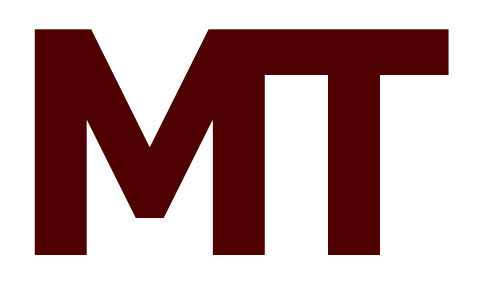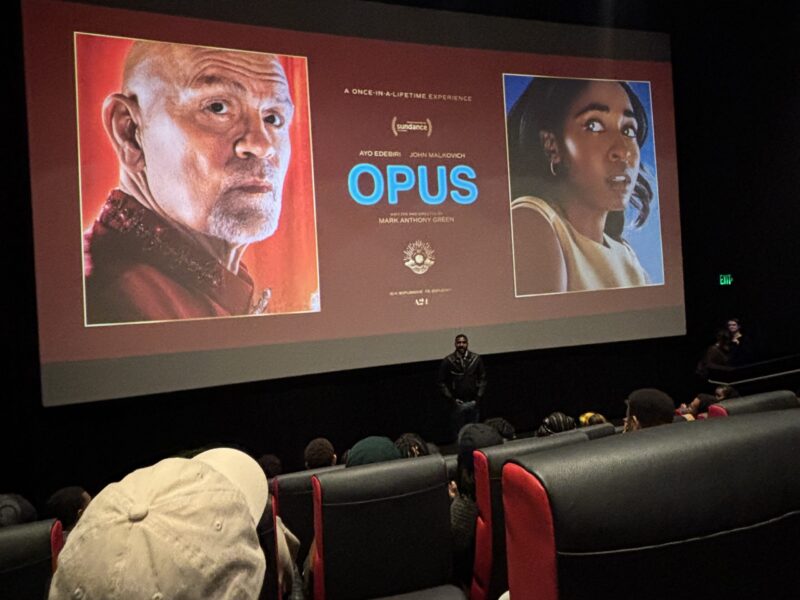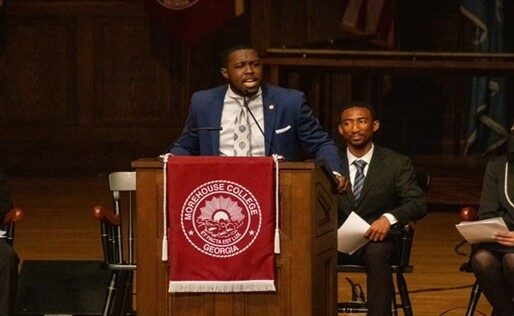In Sewell We Trust
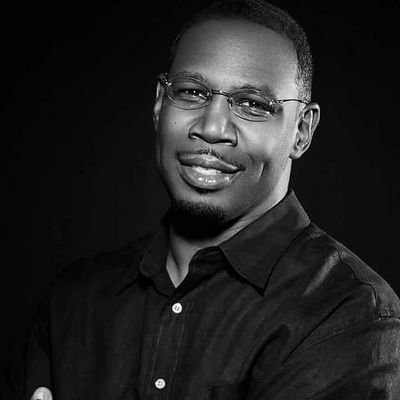
Amietee Fuondjing, Staff Writer
Administrative newcomer Said Sewell has already made his presence felt across campus for the short while he has been here. Through his energizing e-mails and his cheery attitude that translates to a friendly face on campus, he has become the spark Morehouse needed that the school lacked in the vice president position prior to Sewell’s arrival. Sewell first arrived on the scene last May. When fellow newcomer President Dr. David A. Thomas was assembling his super team for the 2018-2019 school year he made the call to Sewell, and Sewell answered.
“The exciting part is that President Thomas had a vision for how he wanted to not just say student success is important, but to give full attention to it,” Sewell said. “I think he understood that my commitment was to help students to succeed and so, as a result, he asked me to join his team,”
Sewell made clear the level of trust and responsibility President Thomas instills in him, and he is not shying away from the pressure.
“He moved certain things into my space,” Sewell said. “So I now deal with Greek life, students services, student life, career services, health and wellness, and entrepreneurial activities. He also moved auxiliary services into my portfolio so that anything that touched the student’s life via Which Which, the barber shop, or the parking deck, all of that would have some interface with our office, so I have a very unique portfolio that speaks to the president’s commitment to me addressing issues of student’s being happy.”
Sewell’s passion for student wellness does not just come out of nowhere, after all, Sewell was once a Morehouse man himself. Said Sewell was born in Houston, Texas, went to a mixture of private and public schools, and when the time came he chose to follow in his father’s footsteps by attending Morehouse College.
“I wanted to go to the school I thought was the best school in the whole world,” Sewell said.
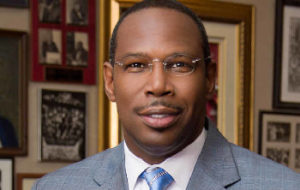
Photo Courtesy by Fulton Sun
During his undergraduate stint here Sewell was involved in the SGA and even served as a residential assistant while living in Thurmon Hall (now LLC). After four years of hard work Sewell finished in 1992 with a political science degree and went on to do many exceptional things before coming back full circle to his alma mater. After Morehouse Sewell worked in Washington D.C. at the White House, then moved back to his hometown to receive his master’s degree in Public Administration Public Policy at Texas Southern University.
“It was where my mother went to school, so I tried to keep a balance of both my mom and my dad,” Sewell said.
Learning for Sewell did not just stop there, he furthered his education by earning a Ph.D. at the AUC’s very own Clark Atlanta University and did some postdoctoral studies at Harvard University with the best of the best. Not only does Sewell’s educational background support the President’s choice of bringing him on board, but his vast administrative resume proves he is more than qualified for the job.
“For the last 20 years I was a professor of political science, having worked at the University of West Georgia, Fort Valley State University as an administrator, then became a dean at Kent State and Ohio State,” he said. “Then prior to coming here, I was the vice president and provost at Lincoln University in Missouri. My life kind of is in this whole world of higher education.”
While working at these various institutions Sewell became a game changer in his own regard, beginning with his time at the University of West Georgia and Fort Valley State University. At UWG and FVSU Sewell and his colleagues pioneered the African American Male Initiative (AAMI) to respond to the need to work closely with African American males and provide the tools they need to complete their postsecondary education. The statewide initiative also works to establish self-identity, community, career-readiness, business connections, and brotherhood, many of which are values held dear here at Morehouse.
“The work was so significant and so successful that it became a model for other public universities in Georgia, so now, every university, be it PWI or HBCU, from large schools like the University of Georgia to small schools like Georgia Perimeter College, they all have an African American Male Initiative that came out of the work that we began in 2000” Sewell said. “I saw a need because African American males at West Georgia where I was as a professor had the lowest retention rate, the at the lowest graduation rate, the highest dropout rate, the highest loss of HOPE Scholarship, and they had the highest disciplinary issues. I as a professor I said, ‘Hey, my job is political science, but I’m an African American male, and how can I begin to help these young brothers to do well, at this predominantly white institution.’ It was from that commitment to helping that I kind of tried to recreate Morehouse at West Georgia University. I went to Fort Valley and I recreated Morehouse there.”
Sewell successfully did so, participants dressed up every Tuesday and Thursday, and there were monthly lecture series with appearances from African American scholars like Cornel West, Michael Dyson, and Steve Perry.
“The idea was to try to give those students at a white school the same experiences that I received when I was a student here at Morehouse,” Sewell said.
Sewell’s efforts were not in vain, during his time there he saw a significant increase in the amount of African American males being retained and graduating on time. But despite these successes, Sewell could not resist the temptation of doing what he loved at a larger scale.
“Creating it at a smaller scale was great, but to be able to come back to Morehouse and help impact the lives and make a difference in African American males every day was enticing.”
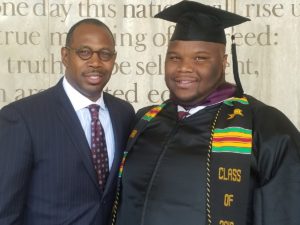
Vice President Said Sewell and graduate Hilliard Jones take a photo together at Morehouse graduation ceremony. // Photo Courtesy by Said Sewell.
Sewell admits where he is now is a long way from where he was when he first got to Morehouse. Sewell reveals that was his motivation to return to his alma mater. To help a young man the same way his former professor helped him which is a reason why he chose to come back
When asked where he saw Morehouse in the next 10 years Sewell replied that the school will be even greater than it is now.
He stressed the importance of making excellence “not just episodic, but a habit.” In order to accomplish this goal, Sewell and his team have outlined four main aims: ensuring student success outside of the classroom, creating a vibrant and inclusive campus, promoting health and safety, and creating a global partnership.
“We have never had a strategic plan to my knowledge for student affairs,” Sewell said. “I wanted to make sure we are able to quantify what we do.”
Sewell also expressed his delight about the percentage of students who completed the student climate assessment survey which was recently sent out.
“It is amazing,” Sewell said. “It tells me you all are committed and are concerned about Morehouse being greater.”
When Said is not too busy administrating, he enjoys getting up every day at 6 a.m. to work out. He is a life member of Alpha Phi Alpha, a fraternity he pledged in graduate school and remains an active member. He is also a member of the 100 Black Men of America, board member for the center of African American males, does charity work, and is in the process of adopting a child.
‘I’ve been very fortunate to have resources,” he said. “I wanted to share some of my resources with a child that may have been less fortunate or came from less fortunate experiences.”
With such a seemingly demanding job, it may be hard for most people to stay motivated, but not for Said Sewell, he says he gets his motivation from the students.
“Everyday I walk across campus students are like ‘Hey Dr. Sewell, what’s going on?’ or a brother texts me on Instagram or hits me on Twitter or just stops by to say ‘Dr. Sewell just wanted to let you know I’m doing okay.’ and that motivates me because it means that I’ve connected with that student,” he said. “Obviously, he sees something in me that has resonated with him and as a result of that he wants to be around me or wants to keep in contact with me. That then says I’m doing it right and I’m meeting my purpose every day.”
Aside from feeding off of the students’ energy, Sewell’s sheer love for the college also helps keep him going.
“This is not work for me. I mean this is my alma mater. I love Morehouse,” Sewell said.
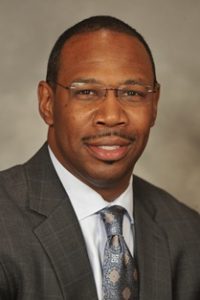
Photo Courtesy by Kent State University.
And to prove it, among all of the degrees that hang on the wall in Sewell’s office, Morehouse is at the top. To Sewell, his experience at Morehouse was the most lucrative.
Sewell describes his time so far at Morehouse as positive, he says he has been received well by his colleagues and by the students.
If you are a student at Morehouse Sewell says to look forward to a responsive administration and constant communication. Sewell is adamant that he is visible to the students. Therefore, when he first arrived on campus his first order of business was to change the location of the VP’s office.
“The previous VP had his office in Gloster Hall, I said no. I want to be where the students are so I can be in constant proximity to them.”
Sewell says if you want to help take Morehouse to greater heights, you can help by maintaining the campus. “If we can ever get to a point of not just repairing, but enhancing, it’d be great. Each time I have to go and put another door in that’s less money I could be using to enhance something else.” His message most importantly is to be our brother’s keeper. Whether our brother is being challenged or having issues personally or academically, Sewell challenges us to honor the words we pledged when we first got here. To have your brother’s back.
Sewell believes freshmen hold the key to changing the culture at Morehouse, and Sewell looks forward to facilitating student experience by keeping us encouraged. Sewell continues to wear the white wristband he gave to his freshman class during NSO to remind himself of the commitment he made to them.
Sewell clocks in with the same energy he clocks out with. “I typically come in at nine in the morning and I leave at nine o’clock at night and I’m okay with it because I’m here helping my brothers and that’s what my job is. That’s my purpose.” As long as Sewell keeps up the good work, Morehouse is in good hands.
